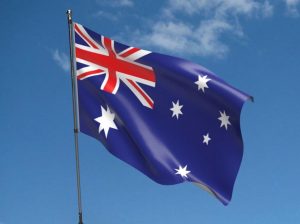
Australia is known for its stunning beaches, unique wildlife, and vibrant cities.
However, the best time to visit Australia depends on what you want to see and do during your trip.
Here are a few things to consider:
- Summer (December to February): This is the warmest and driest time of year, with mild temperatures and plenty of outdoor activities.
It’s the best time to visit if you want to enjoy Australia’s stunning coastline, lakes, and forests and participate in surfing, sunbathing, and hiking.
- Winter (June to August): This is the coolest and wettest time of year, with mild temperatures and occasional rain.
It’s the best time to visit if you want to experience the country’s rich cultural heritage and see its many festivals and cultural events.
- Spring and fall (September to November and March to May): These months offer mild temperatures and fewer crowds.
They are ideal for exploring the historic cities, quaint villages, and scenic countryside, as well as for visiting the many wildlife reserves and parks, where you can see some of Australia’s most famous wildlife, such as kangaroos, koalas, and wallabies.
Regardless of the time of year you choose, be prepared for high prices, as Australia is one of the world’s most expensive countries.
In conclusion, the best time to visit Australia depends on your personal preferences and travel style.
Whether you prefer warm and lively or calm and peaceful, there is something for everyone in this diverse and beautiful country.
Average temperature and precipitation
in Australia by month:
| Month | Temperature (°C) | Precipitation (mm) |
|---|---|---|
| Jan | 28.8 | 66 |
| Feb | 28.5 | 68 |
| Mar | 26.7 | 58 |
| Apr | 23.9 | 46 |
| May | 20.6 | 53 |
| Jun | 17.9 | 47 |
| Jul | 17.1 | 41 |
| Aug | 18.4 | 36 |
| Sept | 21.0 | 34 |
| Oct | 23.2 | 48 |
| Nov | 25.1 | 66 |
| Dec | 27.4 | 67 |
Please note that these are just averages and actual weather conditions may vary depending on the specific location within Australia.